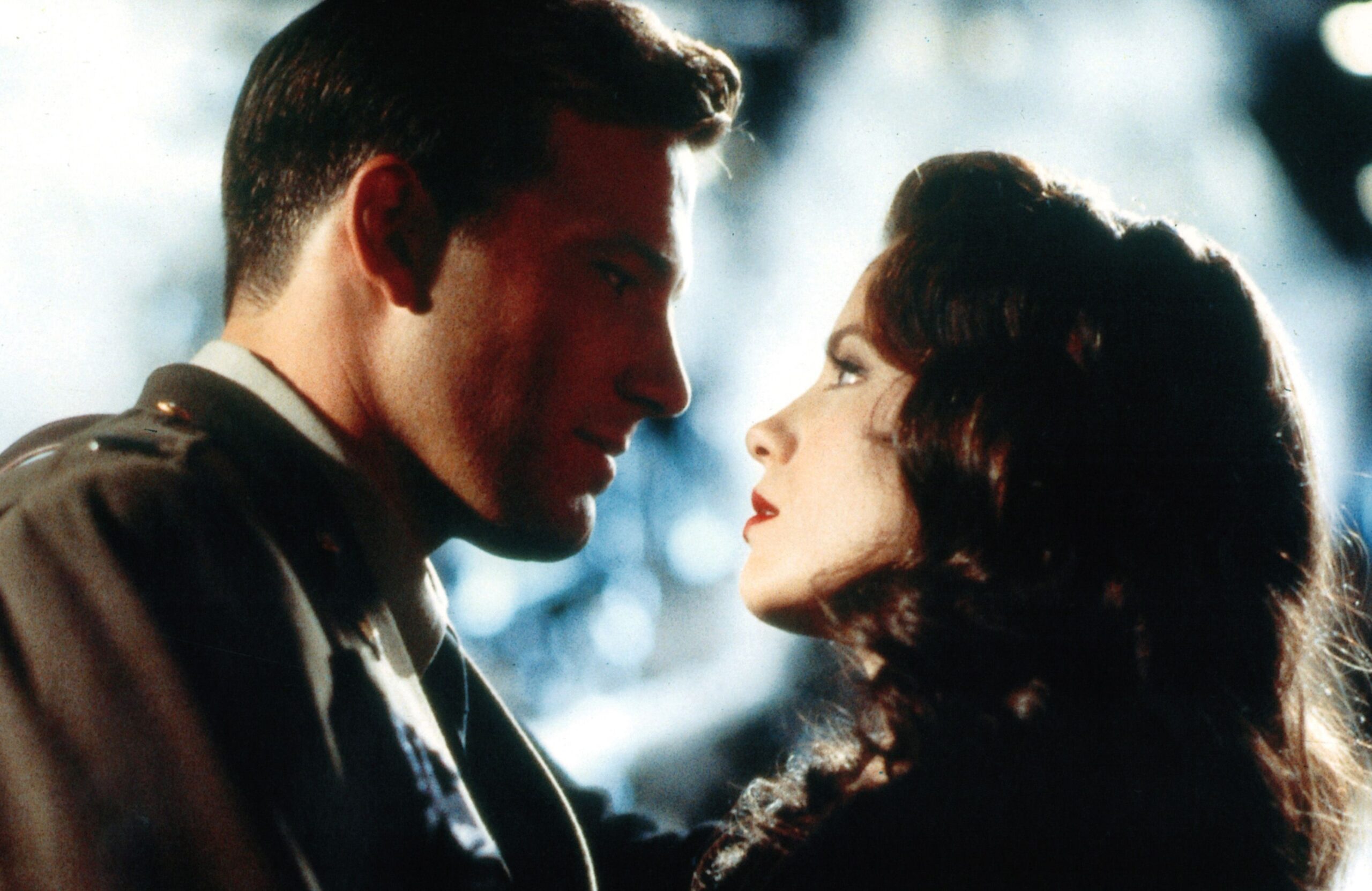Few war movies draw more ire from military enthusiasts, film buffs and veterans than Michael Bay and Jerry Bruckheimer’s 2001 World War II romantic drama, “Pearl Harbor.”
With its comical attempts at weaving real events and historical figures into a fictionalized — and frankly, ridiculous — love triangle, there is no doubt much to dislike about the film. And yet, any time I stumble upon it while flipping channels, I stop and watch. Why?
It’s certainly not because of the intense dogfighting scenes, personal preoccupation with military history, or Josh Hartnett’s sad but perfect puppy dog eyes. The real reason this movie is watchable, if not downright gripping in select scenes, is the music.
Legendary composer Hans Zimmer wrote just eight songs for the film’s score, but his impact in making the movie tolerable cannot be understated. Zimmer’s compositions in “Pearl Harbor” direct a viewer to feel what could not seemingly be conveyed without violent on-screen smarm.
Prior to “Pearl Harbor,” Zimmer’s military movie and TV chops were extensive — and continue to this day. He has scored such greats as “The Thin Red Line” (1999), “Black Hawk Down” (2002), “Crimson Tide” (2006), and “The Pacific” (2010). Zimmer is also behind the triumphant tones heard in the highly celebrated “Top Gun: Maverick” (2022).
In “Pearl Harbor,” the introduction song “Brotherhood” paints a picture of pastoral youth for the main characters Capt. Raife McCawley (Ben Affleck) and Capt. Danny Walker (Josh Hartnett), two farm boys who develop a friendship much thicker than blood. That relationship is ultimately tested by the complicated love triangle introduced when Lt. Evelyn Johnson (Kate Beckinsale), an Army nurse and McCawley’s girlfriend, believes he was killed in combat. She predictably turns to Walker for comfort only to find out once they’ve consummated their affair that McCawley is very much alive.
After much hemming and hawing — prior to McCawley’s dramatic return — Walker and Johnson famously seal the deal in an Army aircraft hangar. During this torrid tryst, Zimmer’s epic “Tennessee” plays in the background, providing a near-operatic crescendo to the “will they, won’t they” conundrum that began building pretty much the moment they lock eyes following McCawley’s presumed death.
The majority of the movie is spent building the love triangle, while the events leading up to the Dec. 7, 1941 attack on Pearl Harbor merely serve as the background. Moreover, the setup of the Japanese preparing for attack is nearly a lampoon, but Zimmer still manages, through the magic of music, to make the attack and subsequent scenes of carnage serviceable via dramatic chorus-over-strings stylings in the songs “Attack” and “December 7.″
But it’s Zimmer’s “Pearl Harbor” pièce de résistance, “Heart of A Volunteer,” that is true movie gold, a score so patriotic that it could practically replace Francis Scott Key’s “Star Spangled Banner” as the national anthem. The song has everything, including enough brass and percussion to feel like it could have been performed by “The President’s Own.” It evokes feelings from loss and fear to hope and heroism.
And while the overall sound is certainly derivative of just about every war movie score ever made, Zimmer’s masterful ability to distill that much flag-waving patriotism in eight tracks just about saves “Pearl Harbor” from being the worst military movie in history. Almost.
Observation Post is the Military Times one-stop shop for all things off-duty. Stories may reflect author observations.
Sarah Sicard is a Senior Editor with Military Times. She previously served as the Digitial Editor of Military Times and the Army Times Editor. Other work can be found at National Defense Magazine, Task & Purpose, and Defense News.

/arc-anglerfish-arc2-prod-mco.s3.amazonaws.com/public/QIJ2C5ZPABFUPJ6J45USGPR6PE.png)
:quality(70)/cloudfront-us-east-1.images.arcpublishing.com/archetype/XZ5CFETDEBHSVJ3F6ZNNJOXUAQ.jpg)
